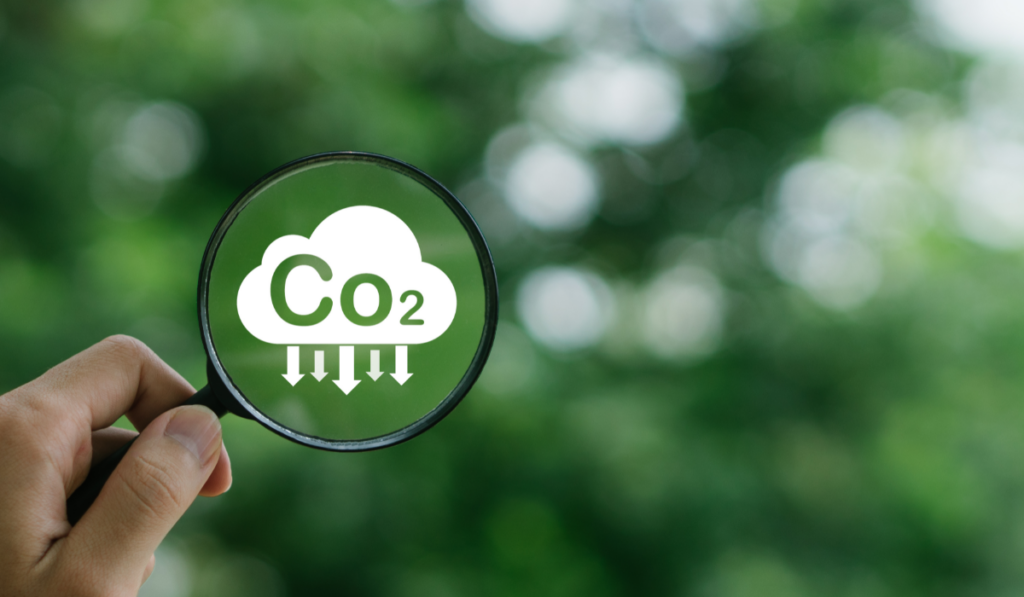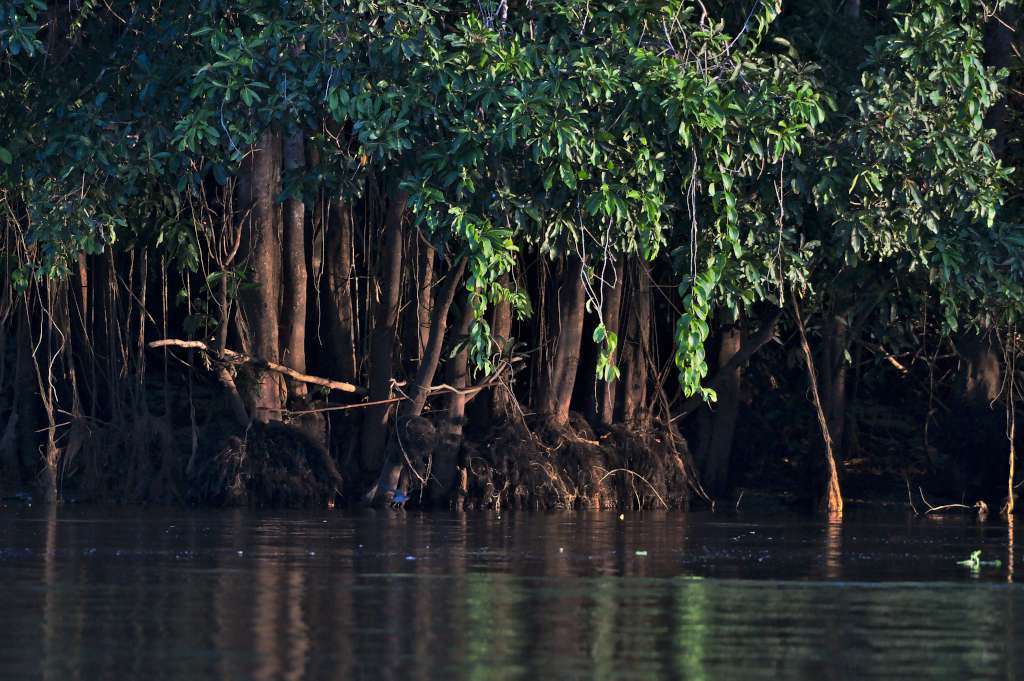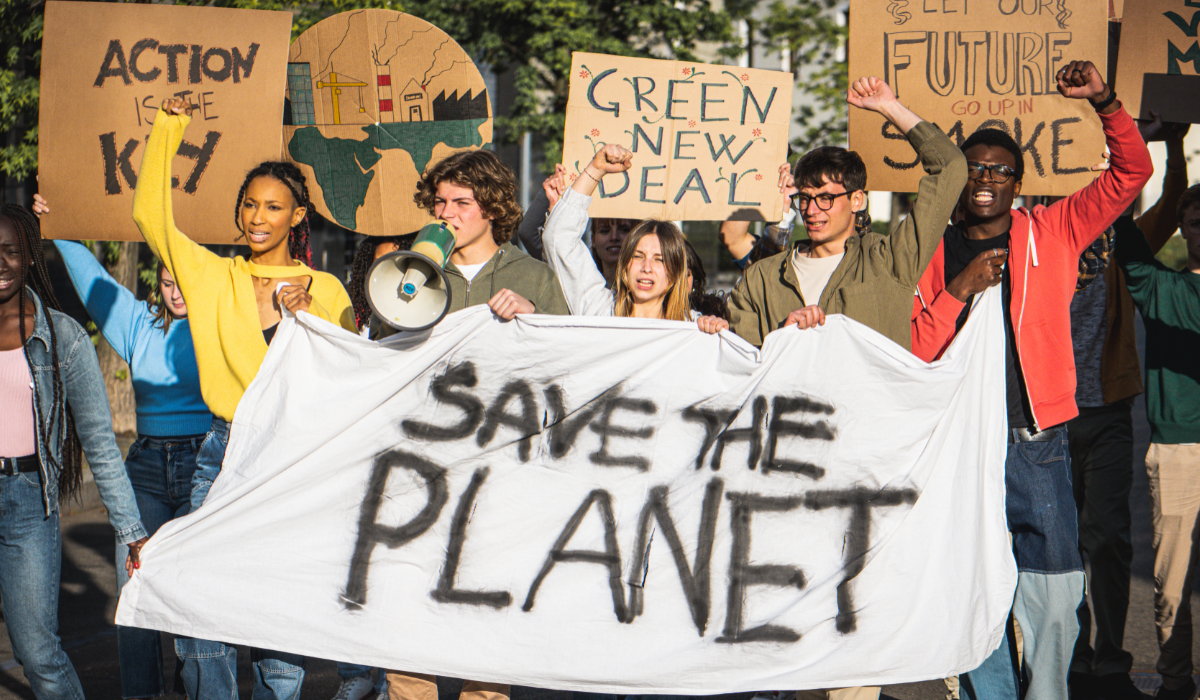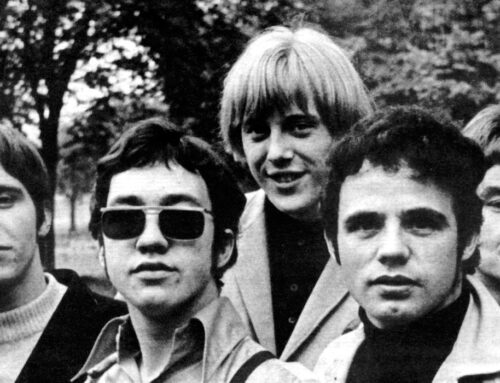On our path towards becoming a climate-neutral organisation, we learned how even small steps and collective action are crucial in achieving a sustainable future
Achieving a positive impact remains at the core of Alberts’ activities and initiatives, driven by our mission to pioneer a vibrant and sustainable future for all.
Recognising the urgent threat of climate change to our planet and future generations, we committed in 2023 to achieving carbon neutrality by FY2024.To achieve this goal, we embarked on a journey to understand, offset, and set a target to reduce our carbon footprint. This recently culminated in our achievement of Climate Active Carbon Neutral Certification, marking a key milestone in enhancing our environmental responsibility.
We chose to pursue carbon neutrality through Climate Active, an Australian Government-backed program that supports national climate policy by assisting voluntary climate action by Australian businesses. Climate Active is recognised as one of the most rigorous carbon neutral certifications globally, involving independent third-party verification to ensure integrity of the carbon neutral claim.

As a 139-year-old family business, it can take more time to change existing procedures and implement new ways of thinking, but “We are now looking at how we bring environmental considerations into our everyday decision-making,” says executive director, Emily Albert.
Securing Climate Active certification was a multifaceted process that required a deep dive across all Alberts operations (with the exception of financed emissions), and a commitment to transparency and continuous improvement. Our analysis revealed that our total emissions amounted to 891t of CO2 equivalent, with electricity, professional services, and cattle (we have a small rural shared family property) being the primary contributors.
Our journey involved several key steps:
Understanding our carbon footprint: We began by assessing our current carbon footprint with the help of Pangolin Associates. This involved a thorough analysis of all our operating entities, leading to a detailed emissions profile.
Setting a baseline energy and water rating: We chose to obtain a baseline NABERS (National Australian Built Environment Rating System) rating for our Sydney office building, Wyoming. This will allow us to measure the impact of improvements achieved through our planned building services upgrades to the heritage building.
Emissions Reduction Strategy and target: We pledged to reduce our CO2-e emissions by 42% by FY2030 from our FY2023 baseline. Our strategy includes converting to Greenpower for electricity (which is largely underway and will eliminate our electricity emissions), upgrading older building services such as air conditioning units, and implementing other initiatives such as replacing fuel sources and vehicles, and creating a sustainable supply chain strategy.
Offsetting our footprint: After identifying our total emissions of 891t CO2 equivalent, we selected high-quality carbon credits that matched our values. The offsets were chosen for their integrity and additional impacts, such as environmental sustainability, gender equality, and support for First Nations – ensuring that our actions align with our broader impact framework embedded across the company:
- Rimba Raya Biodiversity Reserve (Indonesia): REDD+ (Reducing Emissions from Deforestation and Forest Degradation), is a United Nations’ project supporting economic growth through conversation and biodiversity efforts. As the largest REDD+ project globally, Rimba Raya aids surrounding villages whilst giving sanctuary to some of the world’s most endangered species of flora and fauna.
- Aboriginal Carbon Foundation (Australia): The AbCF works with both Aboriginal and non-Aboriginal land holders, catalysing life-changing, community prosperity through carbon farming opportunities such as savanna burning.
- Wind Power Projects (India): Two separate projects which in addition to generating renewable energy are also alleviating poverty and benefitting local communities by, for example, creating employment opportunities and investing in health education, women’s advocacy and clean drinking water.
Public Disclosure: As required by Climate Active, we prepared a Public Disclosure Statement outlining our organisation’s activities, carbon emissions profile, Emissions Reduction Strategy, and details of offsets purchased.

Rimba Raya, on Indonesia’s Borneo island, is one of the world’s largest initiatives to protect and preserve tropical lowland peat swamp forests, which have high carbon storing capacity (image courtesy of Rimba Raya).
Achieving the Climate Active Certification is a significant milestone, but our journey doesn’t stop here. This certification enhances our B Corp status, reinforcing our fifth-generation family business’ commitment to creating positive impact beyond just financial performance. B Corp certification requires adherence to high standards of social and environmental performance, accountability, and transparency.
From implementing a recycling program and encouraging the use of reusable mugs, water bottles, and utensils in the office, to integrating four impact themes—equality, healthy minds, sustainable environment, and vibrant culture—across our diverse range of activities including impact investing, philanthropy, advocacy, and collaboration, we continually seek ways to reduce our carbon footprint and make sustainable choices to benefit society and the planet.
We believe that businesses have a crucial role in tackling climate change, and that every action towards carbon neutrality – no matter the scale – contributes to the collective effort needed to mitigate and reduce its impact on our planet. By committing to sustainable practices today, we can ensure a thriving and sustainable world for generations to come.






